Mapp v. Ohio
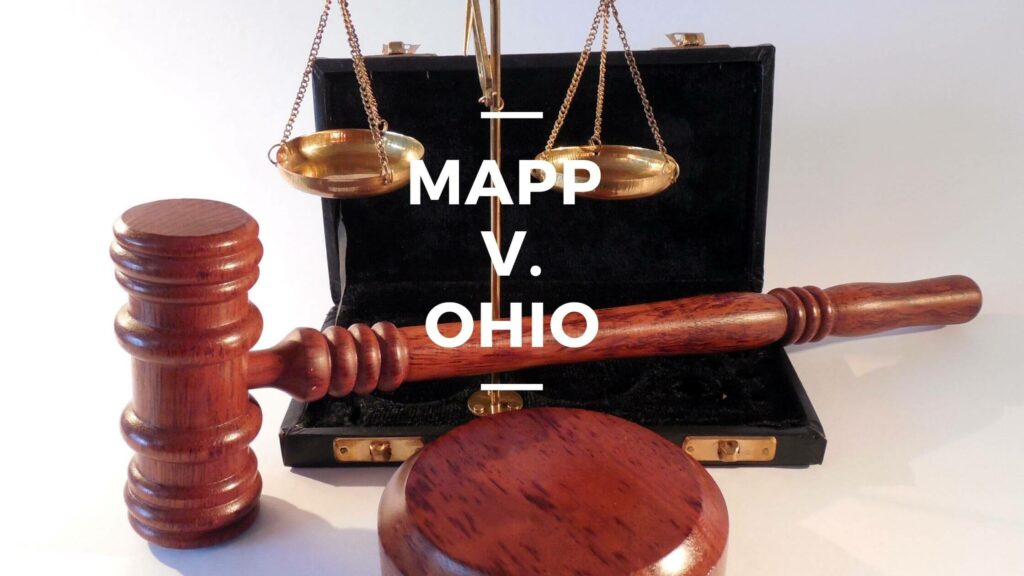
In 1957, police received a tip that they would find a man called Virgil Ogletree and illegal betting equipment at the home of Dollree Mapp. Mapp declined to give police permission to enter her home. Three hours after the initial refusal, police officers illegally forced their way into Mapp’s home.
Self Incrimination in the Constitution
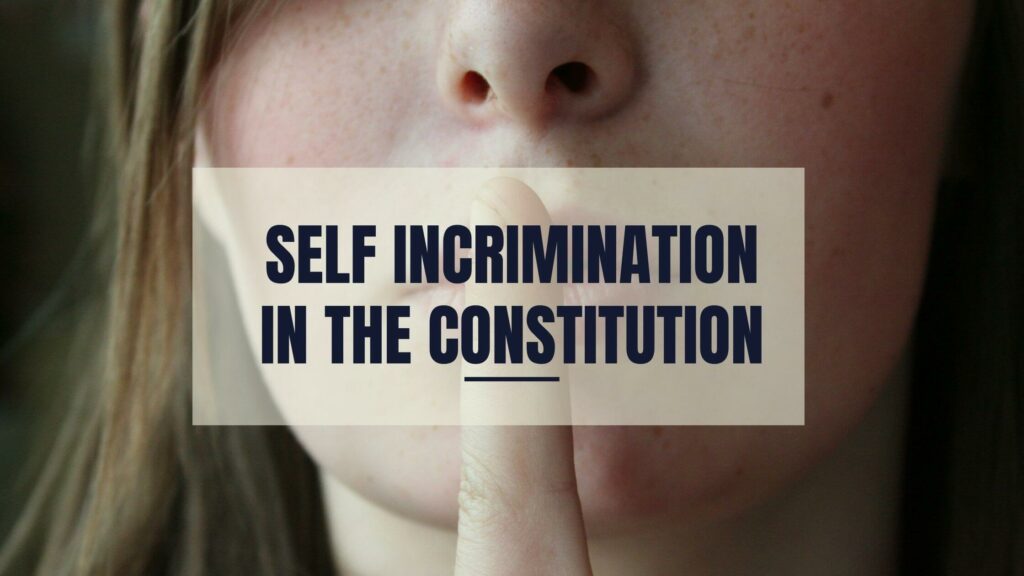
When a witness is testifying at a trial, there is a risk that the he or she might say something that incriminates themselves. They may, for example, admit to something that proves they are partly responsible for a crime committed or that they committed another criminal offense.
A Constitutional Perspective on ‘Establish Justice’
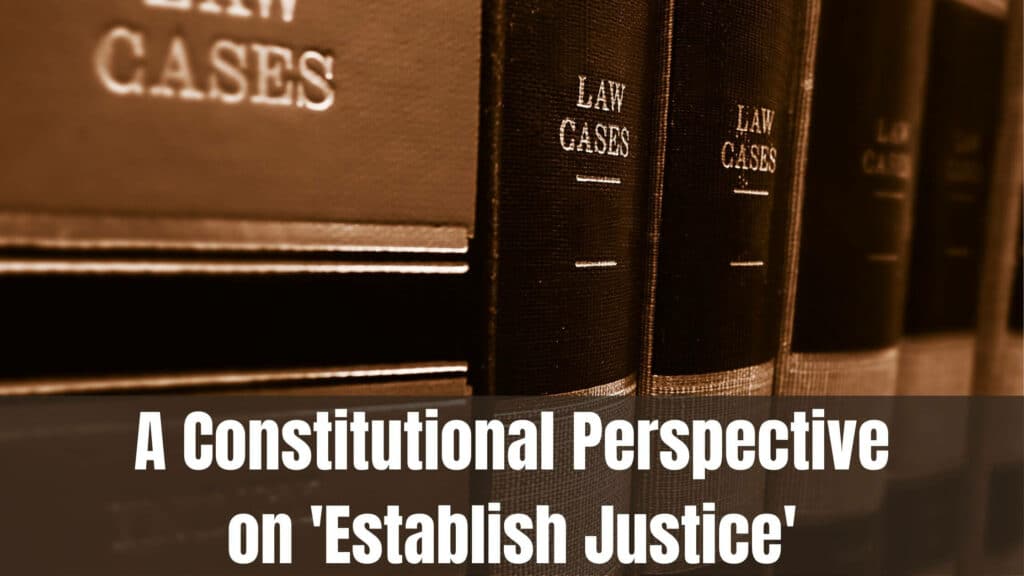
What does establish justice mean? The phrase “establish justice” is found in the Constitution of the United States. It is is one of the six goals the government has to promote its citizens’ general welfare.
Miranda vs. Arizona Case
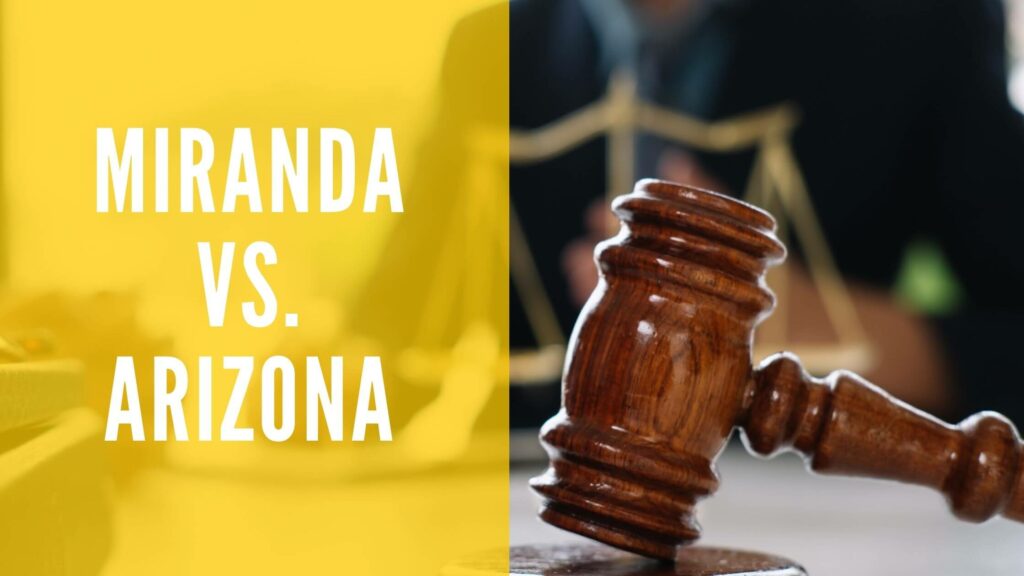
When the police arrest a criminal suspect in the United States, they must read them their rights. Because it is so common in television and movies, everyone is familiar with this. A suspect will be told that they “have the right to remain silent” and that anything they say can and will be used against them in court.
The Right to a Speedy Trial
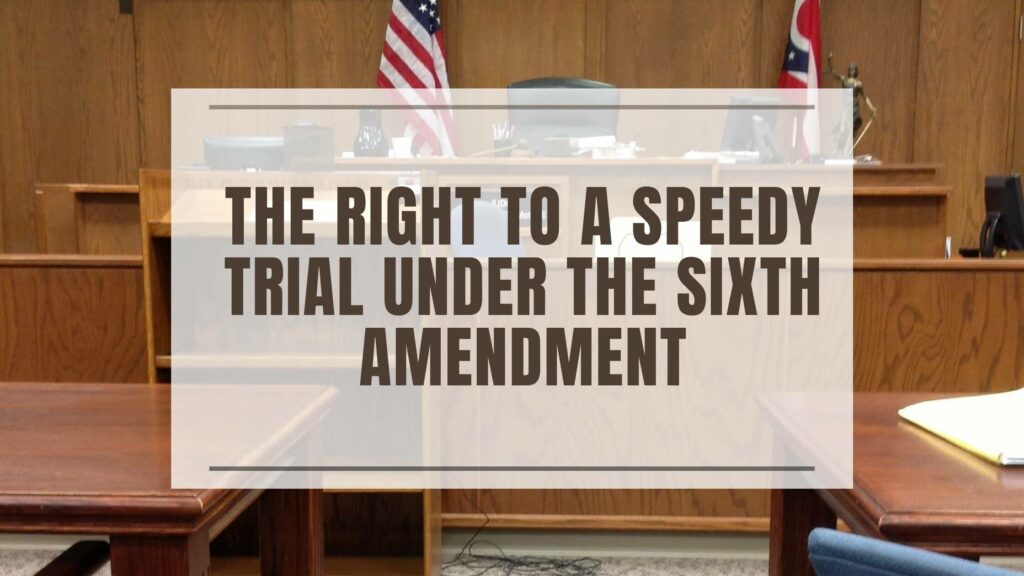
The fifth, sixth, seventh, and eighth amendments of the United States Constitution all deal with the rights of people accused or convicted of crimes. These amendments give people the right to a fair trial, forbid cruel and unusual punishment, and require a trial to happen quickly.
Involuntary Servitude and the Constitution

Slavery is a part of American history that is often analyzed to learn what made the relations between different races so different more than 150 years ago. We rightfully treat it as something archaic and with no place in modern life. But, there is a difference between slavery and involuntary servitude.
